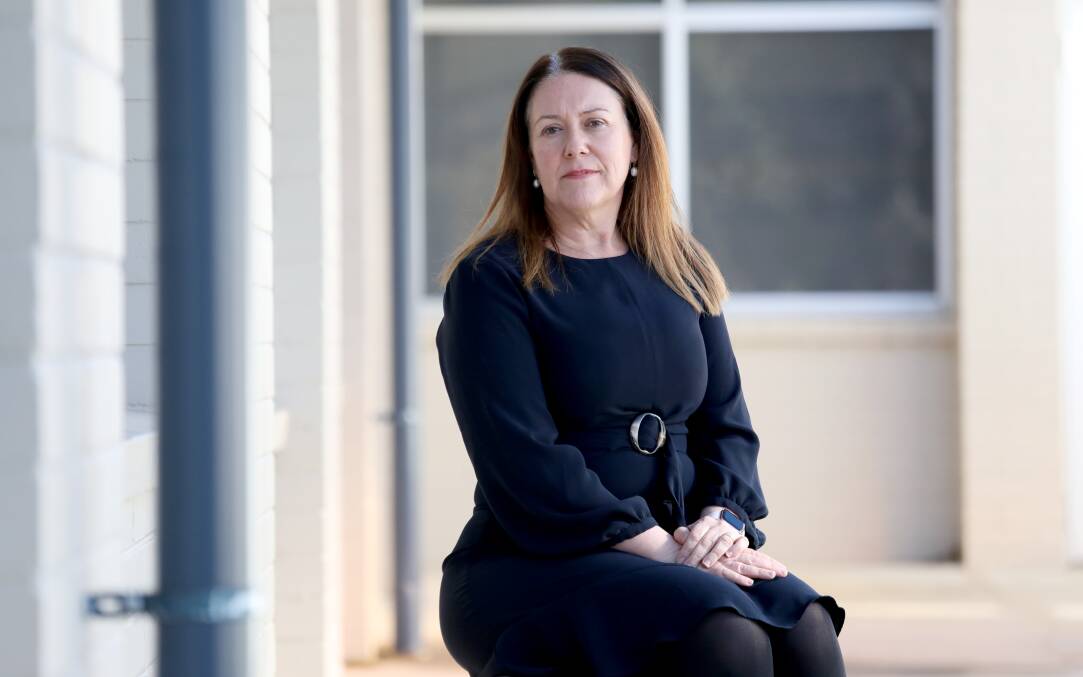
Students will begin NAPLAN tests on Wednesday, much earlier in the year compared to previous years in a move that educators say will make the results more useful.
About 1.3 million students across the country will take the tests, starting with writing, followed by reading, conventions of language and numeracy.
This year the tests have been brought forward from May to March so the results can be returned to schools in Term 2 and to parents and carers in Term 3.
The 10 band reporting system will be ditched in favour of four categories of achievement: exceeding, strong, developing and needs additional support.
St Thomas Aquinas Primary School principal Leah Taylor said her school used NAPLAN to assess the effectiveness of their programs and to detect any outlier result.
"It's another thing that parents can look at to begin that conversation with teachers," she said.
Mrs Taylor said teachers spoke to all year levels about the importance of the tests and students not participating were asked to be quiet on exam days.
The year 3 and 5 students are exposed to example NAPLAN-style questions to help them do their best but the school does not teach to the tests.
The Charnwood school started implementing explicit direct instruction and daily review strategies in 2020 in line with the Catholic Education system's Catalyst program.

Mrs Taylor said the school was seeing slow but steady improvement in their results, with this year's grade 3 students the first to have started the Catalyst program from their kindergarten year.
She said the new achievement categories would be clearer for parents and teachers while the earlier timeframe would help educators make better use of the results.
"You do tend to find that the teacher who receives the information in that year is more likely to implement any supports or modifications or anything that needs to or to act on that data than the teachers in future years," Mrs Taylor said.
All tests except the year 3 writing section will be completed on the computer.
ACT Education Minister Yvette Berry said students should try their best.
"NAPLAN is no different to any other school test - give it your best efforts but don't stress if you find it harder than you expected," she said.
"Your teachers are there to support you and to help you to grow and learn throughout the year."
She said the changes introduced this year would provide provide parents a point in time assessment of their child's literacy and numeracy skills earlier in the year, to support important conversations between parents and teachers.
Australian Curriculum, Assessment and Reporting Authority chief executive David de Carvalho said while NAPLAN was an important measure, it must be kept in perspective.
"It's one test held every two years. It doesn't measure overall school quality. It's not meant to tell us everything about a student or their achievement," Mr de Carvalho said.
"NAPLAN tests literacy and numeracy skills that are being developed in the classroom everyday with questions based mostly on what students have been taught from previous years of schooling.
"There is no need for students to undertake extra practice for NAPLAN and they should not feel apprehensive about the assessment."
He thanked schools for their effort in preparing for the tests in Term 1.
"The enormous efforts of teachers and schools across all jurisdictions and sectors to get ready for an earlier NAPLAN this year should not be under-estimated and are very much appreciated."
We've made it a whole lot easier for you to have your say. Our new comment platform requires only one log-in to access articles and to join the discussion on The Canberra Times website. Find out how to register so you can enjoy civil, friendly and engaging discussions. See our moderation policy here.







